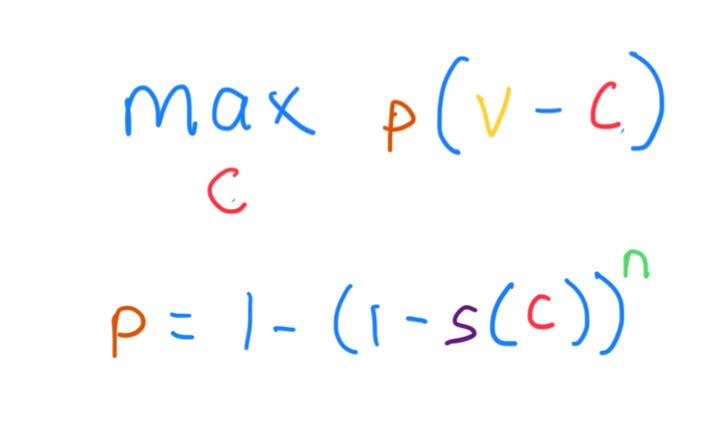Negotiation skills are crucial for managers, even more so than for individual contributors. While individual contributors may negotiate every few years, managers find themselves negotiating weekly or monthly. Moreover, a manager’s ability to negotiate effectively influences team engagement and the perception of fairness. However, many managers lack strong negotiation skills, often opting to simply increase compensation during offers instead of honing their negotiation abilities.
Many managers struggle with negotiation because they lack a clear framework, leading them to react impulsively to external pressures and their own fears of failing to close deals. Furthermore, managers are often not held directly accountable for the quality of their negotiations or the overall cost of their teams, resulting in a tendency to increase compensation for every hire. This dynamic contributes to the escalating compensation trends in the tech industry, where rapid career progression often elevates strong individual contributors into managerial roles without sufficient negotiation experience, and they are tasked with growing teams.
On top of driving up new hire costs, this approach also exacerbates attrition. Existing team members quickly realize that renegotiating as a new hire is far more lucrative, especially when they see new colleagues receiving higher compensation. It’s no wonder that many employees leave within two years, since managers incentivize them to do so. This rapid turnover not only escalates costs for managers but also significantly erodes team stability.
Thus, managers need to have a clear negotiation framework, as it not only protects them from their own emotions, but also increases the health and fairness within their team. While negotiations will never be easy, a framework can make things simpler and clearer. The following is the framework that I use to negotiate:
Where p is the probability of converting any candidate for the role, V is the value of the role, C is the compensation, s is the conversion curve of a candidate, and n is the number of candidates you can offer to in the timeframe that you need to fill the role.
In English, this frameworks maximizes the expected net value of filling the role, given the fungibility of candidates and the likelihood a candidate will convert.
The framework incorporates some key concepts that are important for hiring, namely:
n: fungibility of the candidate - how many eligible candidates do you expect to find within the timeframe you have for the search
s(C): fungibility of your role - how likely are they to convert based on a given level of compensation
V: value to the team - how valuable do you expect this person to be on the team
The most important detail about this framework is that the manager's goal is not to convert any single candidate, but to maximize the probability that at least one candidate will convert. That is, the manager is not negotiating against a single candidate, but rather negotiating for the role.
The framework clearly shows why fungibility matters so much to job negotiations.
Keep reading with a 7-day free trial
Subscribe to 100x Manager to keep reading this post and get 7 days of free access to the full post archives.




